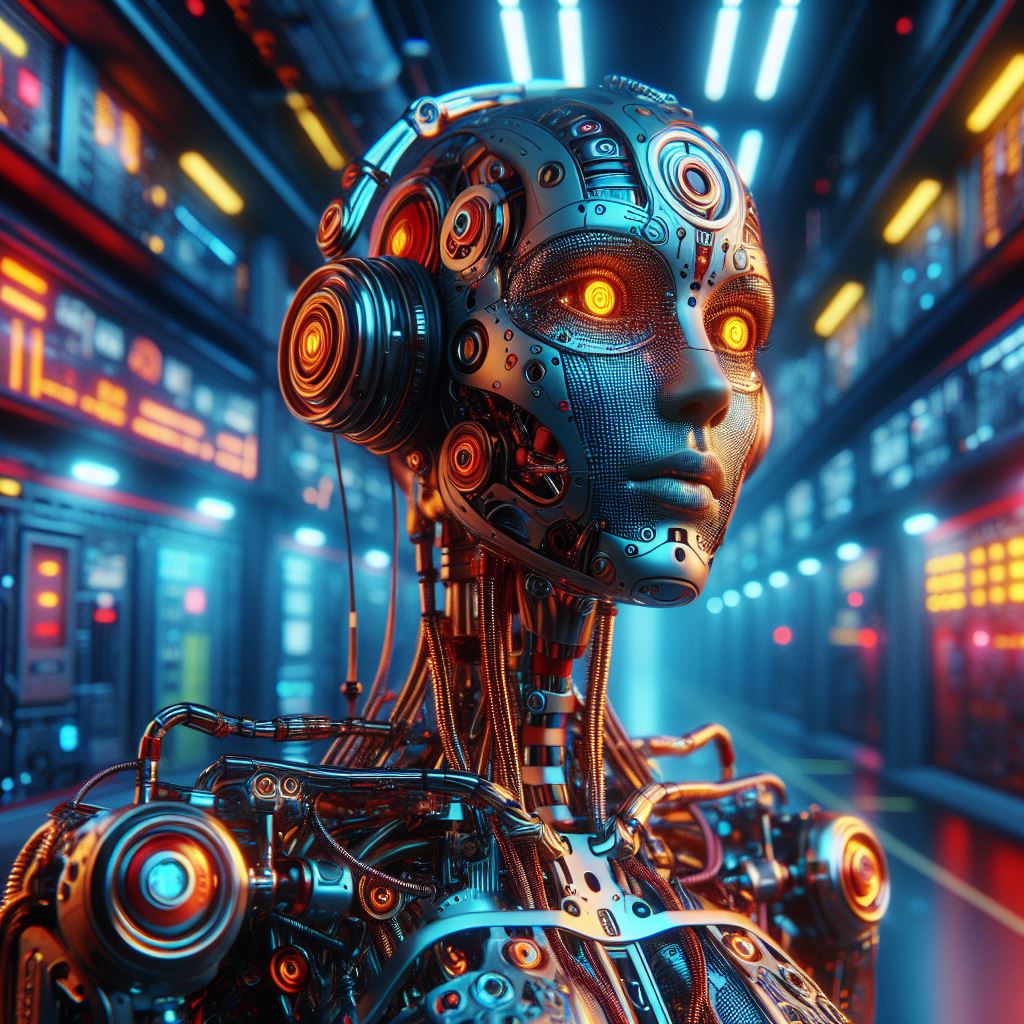Machine learning (ML) is one of the most rapidly evolving fields in technology today. With advancements happening at a breakneck pace, we are seeing profound transformations in various industries, from healthcare and finance to retail and entertainment. As machine learning technologies continue to evolve, it is important to understand the emerging trends and how they will shape the future of the industry.
One of the most notable trends in machine learning is the increasing use of deep learning models. These models, which are inspired by the human brain’s structure, are gaining popularity due to their ability to handle complex data and perform tasks such as image recognition, natural language processing, and autonomous driving. Deep learning is expected to become even more powerful with the continued growth of computational power and the availability of large datasets.
Another significant trend is the rise of explainable AI (XAI). As machine learning models become more complex, the need for transparency in decision-making processes grows. Explainable AI aims to make machine learning models more interpretable and understandable to humans. This is especially crucial in sectors like healthcare and finance, where trust and accountability are essential. The ability to explain how a machine learning model arrived at a particular decision can build user confidence and enhance the adoption of these technologies.
The integration of machine learning with the Internet of Things (IoT) is also a key development. IoT devices generate massive amounts of data, and machine learning algorithms are increasingly used to analyze and derive insights from this data in real-time. This combination is revolutionizing sectors such as agriculture, manufacturing, and smart cities. For example, in agriculture, machine learning models can analyze data from sensors to predict crop yields or detect potential diseases, thereby optimizing farming practices.
Additionally, the growing emphasis on automated machine learning (AutoML) is reshaping the landscape of machine learning development. AutoML tools are designed to simplify the process of building and deploying machine learning models, making it accessible to non-experts. By automating tasks like feature selection, model training, and hyperparameter tuning, AutoML allows businesses to leverage the power of machine learning without requiring extensive technical expertise. This trend is likely to expand the adoption of machine learning across industries, making it a powerful tool for smaller businesses and startups.
Finally, reinforcement learning (RL) is expected to continue to evolve and make significant impacts on industries such as robotics, gaming, and autonomous systems. RL involves training models to make sequences of decisions by rewarding them for achieving specific goals. This type of learning is particularly useful in dynamic environments where the optimal decision-making process may not be immediately obvious. RL is already being used in applications like self-driving cars, where the system needs to continuously learn and adapt to new driving conditions.
As we look to the future, these trends in machine learning will undoubtedly shape the next wave of technological innovation. With the convergence of deep learning, explainable AI, IoT, AutoML, and reinforcement learning, the possibilities for machine learning seem limitless. As these technologies continue to mature, we can expect to see machine learning integrated into even more aspects of our daily lives, driving efficiency, innovation, and new opportunities across industries.
